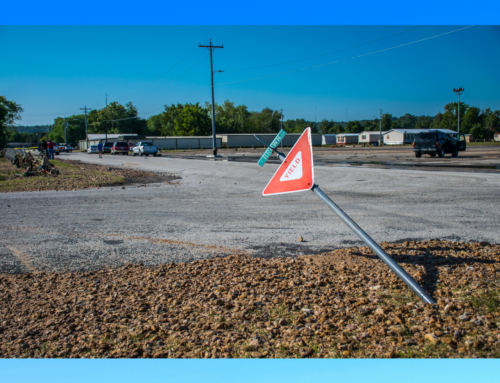We’ve got a lot of work to do in Idaho to attain community stability! I was recently in attendance at an informational hearing for a bill introduced in the Idaho House of Representatives that would regulate interest rates charged by the payday lending industry in Idaho.
According to the National Conference of State Legislatures website, “eight states do not have specific payday lending statutory prohibitions and/or require lenders to comply with interest rate caps on consumer loans.” Idaho is one of those eight states. In fact, it is one of only three states that have no regulation addressing the interest rate that can be charged.
During the hearing, legislators heard from advocates like me who reported that payday loans are not being accessed primarily for emergencies but instead are being obtained in response to chronic income instability. People who need payday loans aren’t typically working in predictable, salaried employment but rather are working low-wage, hourly paying jobs with variable hours and unreliable earnings. People whose incomes chronically fall short of their necessary basic living expenses have no other options.
In order to supplement the information I shared real stories from people being affected by the predatory nature of the payday lending industry, I told the stories of two Investigators in our Getting Ahead classes who shared their payday lending experiences with us. Both had accessed payday lending initially to pay rent and utility bills that were due when they found themselves short on income due to variable work hours. One Investigator ended up with a payday loan that had an APR of 250.94%. That was lucky because a report from the Idaho Department of Finance states that the average APR for payday loans in Idaho is more than 500%. The other Investigator ended up with a payday loan with an APR of 1042.85%! Unrestricted APRs in Idaho are leaving people owing huge balances on what was initially a fairly small loan (the average payday loan in Idaho is $350). High-cost, short-term credit options—typically the only options available to people living in poverty—lead to a cycle of spiraling debt that is nearly impossible to leave.
The informational hearing about this bill continued for about an hour and a half. The vast majority (only one person, who worked for a local payday lender, spoke against the bill) asked that the bill be given a full committee hearing to further explore how unregulated APRs in the payday lending industry are negatively impacting low-income Idahoans. However, the committee chair declined to move the bill along for a full committee hearing. Interest rates on payday loans will remain uncapped for at least another year in Idaho, and we have a lot of work to do.
We have been providing Bridges Out of Poverty trainings to folks in Idaho for the past couple of years. Since 2010 we have trained more than 700 people on the Bridges constructs. More than 700 people have learned that research about poverty falls along a continuum that includes not only personal behavior (e.g., the view that it’s their own fault for being poor and having to access payday lending), but also how the absence of human and social capital, political and economic structures, and human exploitation all contribute to people being trapped in poverty. So long as the payday lending industry in Idaho goes unregulated and continues to be allowed to exploit people in poverty because they are in poverty, we have a lot more work to do.
Lisa Stoddard has worked in Community Action for the past 18 years, serving as the executive director of a community-based, non-profit community action agency for the last eight of those years. She has a degree in English with a secondary education emphasis from the University of Montana, is a Certified Community Action Professional (CCAP) and a Bridges Out of Poverty certified trainer.









